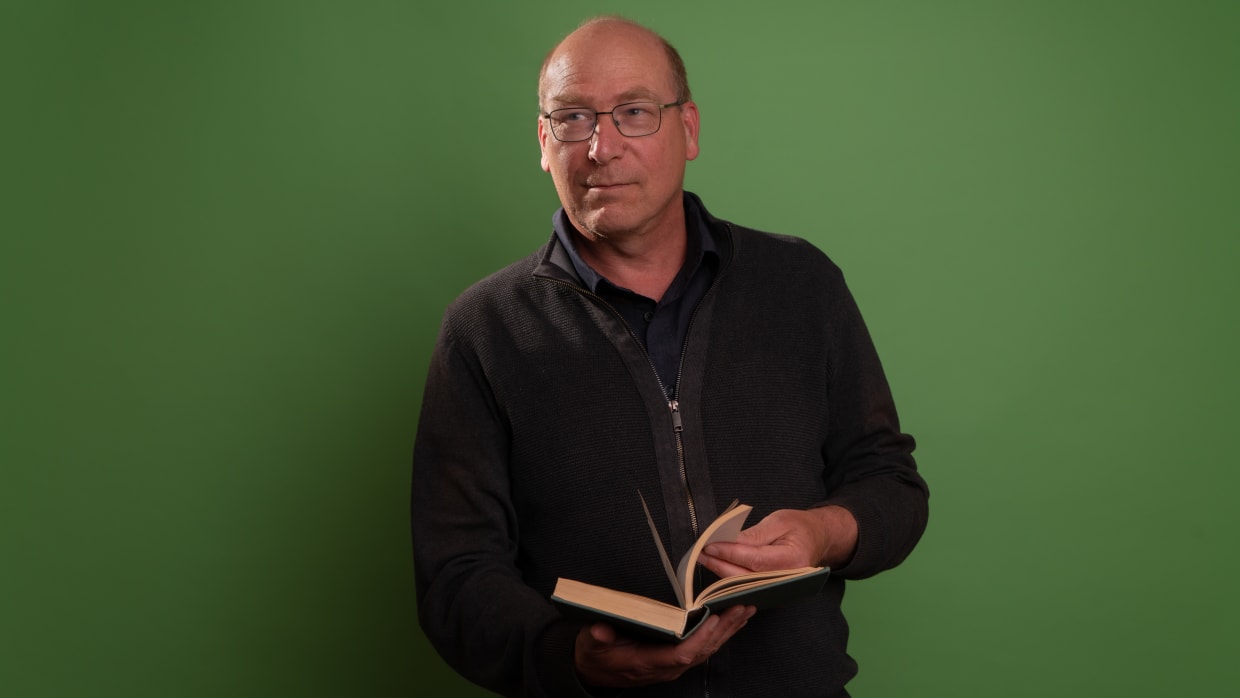
Sometimes Left is Right and Right is Left
The Right wants to set an example with high penalties, while the Left favours community service, prevention and treatment. But sometimes it is the other way round, observes columnist Han van der Maas. ‘In university cooperation with Shell, the Left is suddenly in favour of punishment and prohibition and the Right comes up with soothing leftist language.’
When it comes to undesirable behavior such as crime, the Right usually thinks with its gut. By imposing harsh penalties, we set an example, remove criminals from society, and satisfy the cry for retribution. As understandable as this emotional reaction may be (it could be your bike), it doesn’t work, according to a large body of research. That is why the Left favors community service, prevention, and treatment. That’s how we know Left from Right. But sometimes Left is Right and Right is Left.
An example of this inversion is the fireworks debate. The Right opposes banning fireworks because the good should not suffer because of the bad, it is illegal fireworks that cause accidents, the ban is unenforceable, and it creates a thriving illegal trade. The Left wants a fireworks ban because the police ask for it, there are several deaths every year, and fireworks cause a lot of annoyance. Replace fireworks with XTC and it is unclear who is Left or Right. Fortunately, they are both fifty percent right.
Shell
A closer example is the discussion about the university’s cooperation with Shell. Suddenly the Left is in favor of punishment and banning: we must set an example and cancel the cooperation with Shell; that will teach them. And now the Right comes up with the blissful language of the Left: we have to do it together, we have to keep the long-term goal in mind, without the Shells of this world we will not solve the climate crisis.
Another example close to home is academic freedom. UvA-lecturer Laurens Buijs is supported by the Right and the RUG-lecturer Susanne Täuber by the Left with pretty much the same arguments. I have yet to see a petition to support both or neither, even though it would be reasonable to do so.
So the appeal to freedom, to liberalism, is rather selective. We see this in the social engineering illusions of the Left and Right. Our extraordinarily complex society with its interactions among countless actors is virtually ungovernable and unpredictable. Sometimes clear rules work, but very often they do not. The side effects then outweigh the benefits. The Left and Right both overestimate the social engineering of society. The Right likes to point this out when it comes to the labor or housing market. Indeed, left-wing policies are sometimes counterproductive. Collective agreements, for example, protect the rights of a small proportion of workers, especially older ones. The rules on permanent contracts, sickness, and dismissal are so unworkable that the Netherlands now has millions of self-employed and temporary workers.
Racialized
The introduction of quotas for racialized Dutch scientists will also prove to be wrong, according to the article by former PhD student Esmé Bosma in the Volkskrant (https://www.volkskrant.nl/columns-opinie/opinie-laten-we-wegblijven-van-quota-voor-geracialiseerde-wetenschappers-zoals-nwo-voorstelt~b45dd404/). It is a leftist illusion that more regulations will make the labor market fairer. A similar dynamic applies to the housing market. The neoliberal is now nodding vigorously.
But the Right’s illusions in social engineering are no less serious. For when it comes to cannabis or cocaine use, the Right is obsessively naive (you can’t say stupid anymore). How many more deaths must occur, here and in the producing countries, before the Right realizes that drug prohibition was the greatest social engineering illusion of the last century? The first lesson was prohibition, and the provisional last lesson was the murder of Peter R. de Vries, an avowed advocate of legalization.
The Netherlands is being held hostage to left- and right-wing social engineering illusions. If you don't understand complex social processes, be extremely careful with the prohibition reflex. Prohibition should be prohibited.

